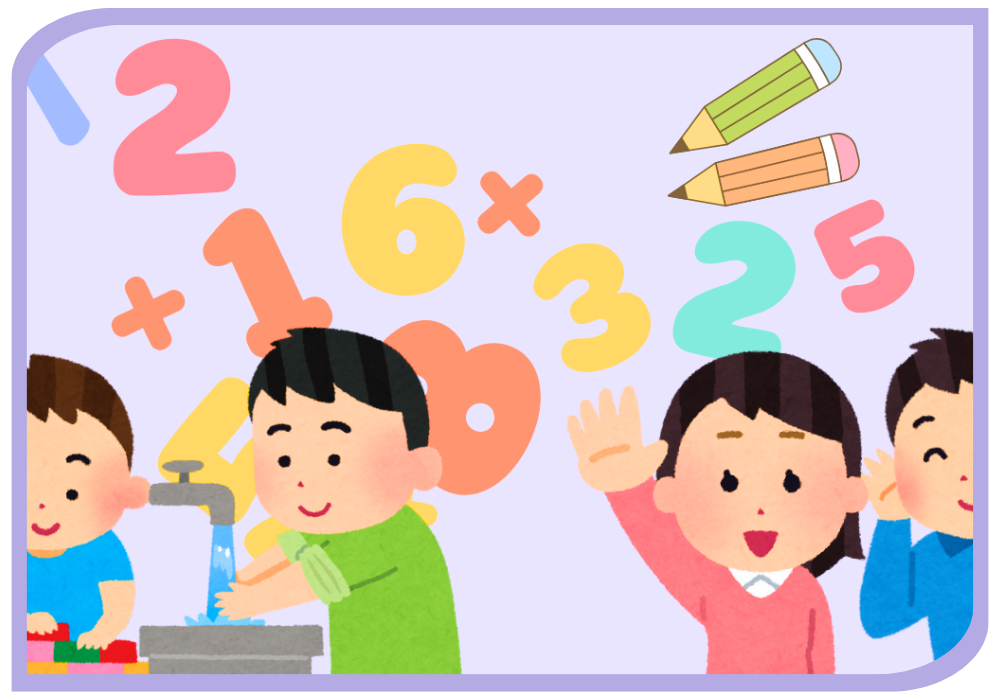Starting school is an exciting milestone for children and parents alike.At Able Allied Healthcare, we…

Top Benefits of an Early Intervention Educator
An Early Intervention Educator plays a vital role in supporting children aged 2 to 9 with their development, learning, and confidence. With a focus on children under 9 years of age (as per NDIS guidelines), this educator can deliver evidence-based therapy across a wide range of skill areas.
Our Early Intervention Educator works closely with children and their families to provide immediate support and help reach individual goals. They deliver therapy in your child’s natural setting, including your family home, child care, school or clinic. Depending on what works best for your family, sessions can be weekly, fortnightly, or arranged as a short-term block.
What Does an Early Intervention Educator Do?
The main role of an Early Intervention Educator focuses on these key areas:
-
Supporting parents to build practical strategies and resources tailored to their child’s needs
-
Helping children build key skills so they can participate fully at home, in school, and in the community
-
Working with educators, childcare staff, and other professionals to build a clear picture of the child’s strengths and support needs
-
Running small group or 1-on-1 programs to help children develop confidence, life skills and independence
Early Intervention Educators often work alongside other allied health professionals like Speech Pathologists and Occupational Therapists. Together, they form a collaborative team that supports your child’s development from multiple angles.
What Skills Can an Early Intervention Educator Help With?
At Able Allied Healthcare, our Early Intervention Educator supports children under 9 with:
-
Social skills and peer interaction
-
Gross motor skills (e.g., jumping, balance, coordination)
-
Fine motor skills and handwriting development
-
Emotional regulation and coping skills
-
Early literacy and numeracy
-
Informal language assessments and communication support
-
School readiness and transition into Prep
Why Early Intervention Matters for Children Under 9
The earlier a child receives support, the more likely they are to build lasting skills that help them thrive at school and in everyday life. We’ve seen firsthand how early intervention boosts confidence, reduces anxiety, and empowers families to support their child beyond the therapy room.
If you’re unsure whether your child would benefit, our team can talk you through what’s involved — no pressure, just support.
How Is This Different From Speech Pathology?
Speech Pathologists have a medical background that focuses on communication and swallowing. Early Intervention Educators, on the other hand, have an education-based background and focus on learning and development. While their approaches differ, they often work together to help children meet shared goals.
“As a Speech Pathologist who has worked with Early Intervention Educators, it has been eye opening to see how vital their role is in supporting children aged 9 and under. We’ve worked collaboratively to support clients in meeting their communication goals, literacy goals and other areas like motor skills, emotional regulation and overall development. This team approach helps us truly understand each other’s roles and how we can best support children to reach their goals.”
— Jess, Speech Pathologist




